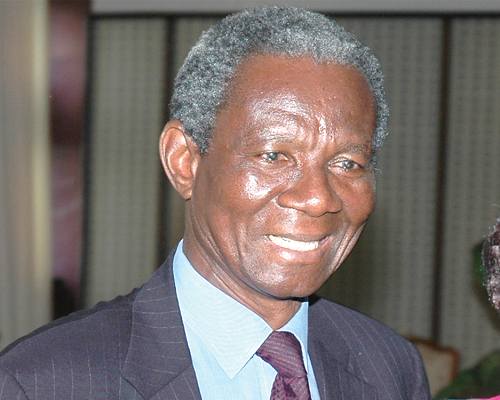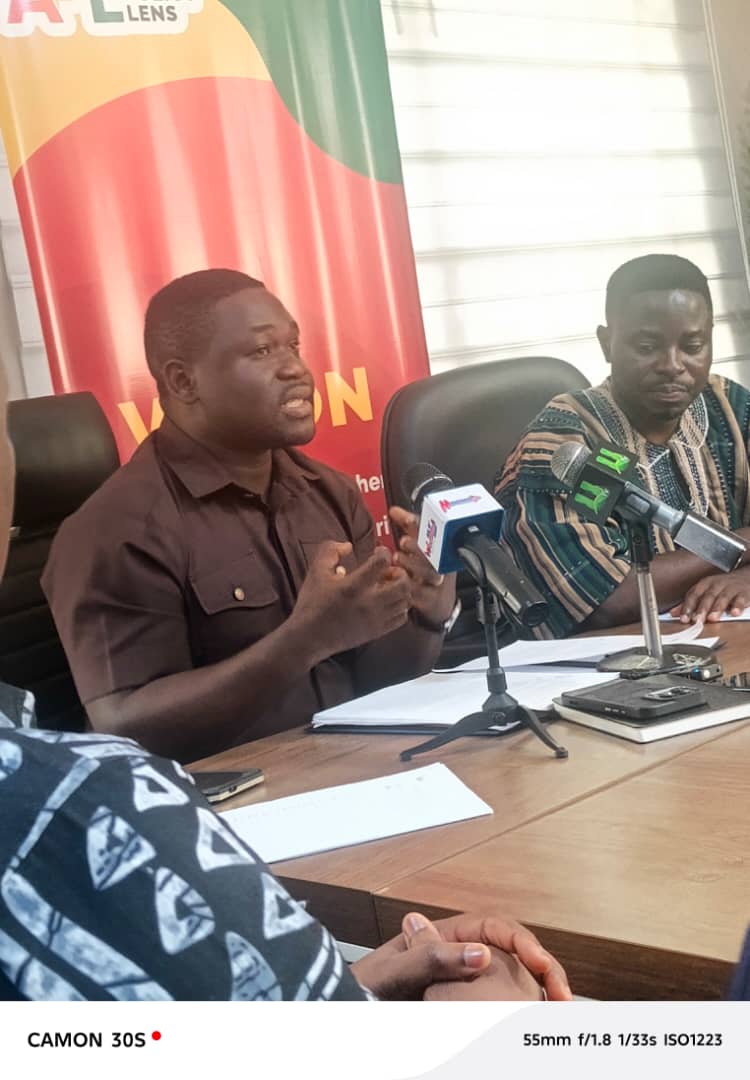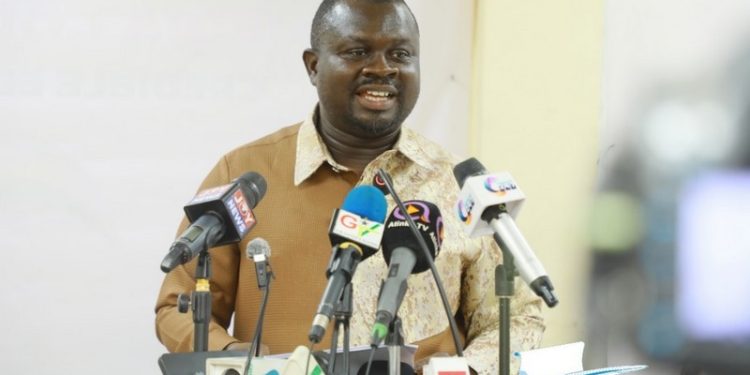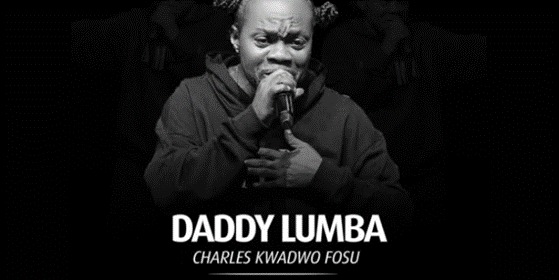By J. A. Sarbah
Politics has a short memory, but the cost of forgetting is always steep
In 1996, the NPP nearly stumbled into a constitutional disaster – until one loyal member, Mrs. Rosemary Ekwam, forced the truth into the light. Her courage preserved the party’s integrity and set a precedent that still whispers through our ranks today.
Now, nearly three decades later, the question returns – different faces, same danger.
When personal ambition deafens reason, will delegates act with foresight – or wait for history to discipline them again?
In the coming months, you will face one of the most consequential choices in our party’s history – the decision of who leads us into the next election. It is a sacred duty, not a sentimental one.
Before you decide, history demands a moment of reflection.
In 1996, whispers filled our ranks. Kwame Pianim – brilliant economist, respected thinker, and patriot – was preparing to file for the NPP’s flagbearer primaries. Yet, his prior conviction and subsequent pardon cast a long legal shadow. The party’s base was restless. Could a man once imprisoned for treason, even if pardoned, be eligible to contest for President under the 1992 Constitution?
It was not a rival who brought clarity, but a loyal member – Mrs. Rosemary Ekwam. She went to the Supreme Court not out of spite, but out of duty. She sought to clear the fog before nominations opened.
The Court’s ruling was clear and historic: a pardon restores rights socially, not constitutionally. Pianim was ineligible. Painful as it was, that judgment saved the party from collapse and preserved the integrity of its democratic process.
The lesson from that moment is not about law; it is about prudence.
When ambition races ahead of consequence, the party must pause and think.
Today, that same question echoes through our ranks – not of constitutional eligibility, but of political survivability. Kennedy Agyapong, a charismatic figure and strong contender, has entered the race. But where Pianim faced a constitutional barrier, Kennedy faces a sitting NDC government that has already positioned the state’s legal machinery against political rivals.
The threat we face is not speculative – it is operational.
The Mahama administration has already reopened investigations into the murder of journalist Ahmed Suale. Files have been requested, investigative bodies reactivated. This isn’t rumour; it’s documented political strategy.
The NDC’s game is distraction. They would prosecute Kennedy not necessarily because he is guilty, but because courtrooms sap our campaign momentum. Every day spent defending him is a day not spent exposing their failures. Every rally shadowed by legal questions, every speech, every interview returning to the case – this is how campaigns die.
Just as Ekwam asked, “Can he legally run?” we must now ask, “Can he effectively campaign while fighting for his freedom?”
If Kennedy becomes flagbearer, the state’s machinery will swing into motion. Whether the prosecution is fair or fabricated is irrelevant to the strategic reality we face. Such legal proceedings would dominate the campaign, drain our focus, and reduce a national contest to a courtroom drama.
This is not about guilt or innocence. It is about vulnerability. And against a sitting government commanding the full force of state prosecution, vulnerability is fatal.
A candidate under threat of prosecution cannot lead a campaign; he can only preside over its slow collapse.
I understand the objections that arise. Let me address them directly:
Some will object: “Kennedy has never been charged. This is fearmongering.”
Kennedy has not been charged – that is true under Akufo-Addo’s government. But Akufo-Addo’s government had no political incentive to prosecute a senior NPP figure. Mahama’s government has every incentive. The difference is not Kennedy’s guilt or innocence – it is political utility. To the NDC, Kennedy under prosecution is a strategic gift.
Others will say: “This is cowardice. The NPP should fight, not hide.”
I say: fighting requires winning first. We cannot reform a system from opposition. We cannot expose prosecutorial tyranny without power. We must win the election before we can dismantle the machinery of selective justice. A candidate who spends the campaign in courtrooms cannot deliver us to victory.
Still others will argue: “The Pianim case was different. He faced a legal bar; Kennedy faces only political risk.”
True. But ask yourself: would you rather discover Kennedy’s vulnerability before we make him flagbearer, or after? Rosemary Ekwam acted on constitutional clarity. We must act on strategic clarity. Waiting for prosecution to begin is waiting too long.
The Pianim episode teaches us this: no party survives when it confuses loyalty for strategy. The NPP must choose a candidate who can contest power, not one already ensnared in its machinery.
Delegates, this is not about sentiment. It is about survival – political and institutional.
The NPP cannot afford to walk blindly into a contest the state has already mapped out. We must deny the NDC the weapon they are sharpening. We must choose a flagbearer who can spend the campaign prosecuting them, not defending his freedom.
Rosemary Ekwam acted not out of fear, but foresight. She spared the party a constitutional crisis before it began. That same discipline is what this moment demands.
Your vote must protect the party’s future, not anyone’s ambition.
Choose a flagbearer the state cannot cage, the public can trust, and history can defend.
That is how the NPP wins – by choosing foresight before history enforces its lesson.
J. A. Sarbah



